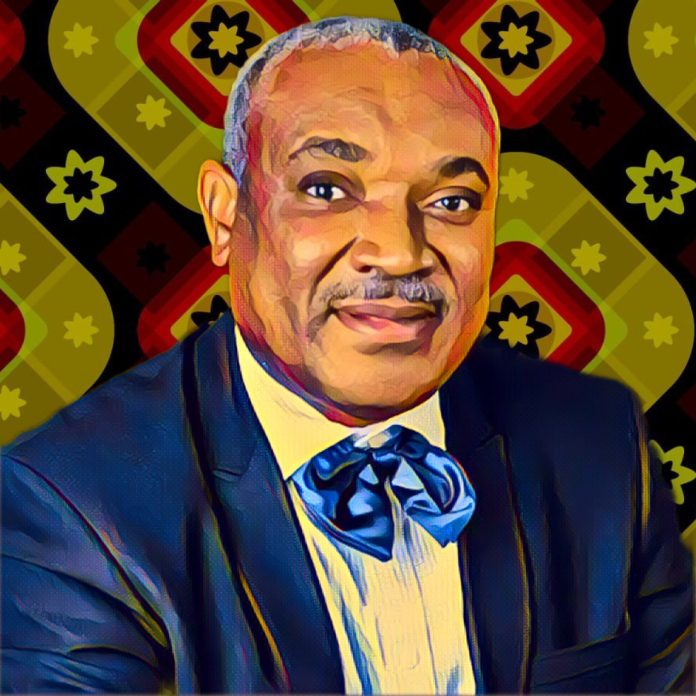Okoi Obono-Obla, former Chairman of the Special Presidential Investigation Panel for the Recovery of Public Property (SPIP), has alleged that former President Muhammadu Buhari’s administration protected a former governor from prosecution over $200 million in offshore assets. These claims were made during an interview on the Mic On Podcast, shedding light on high-profile corruption cases that were allegedly ignored.
Obono-Obla expressed deep frustration over the lack of decisive action against corruption during his tenure. Highlighting several specific instances, he painted a picture of systemic corruption and governmental inaction.
Extravagant Asset Recovery
One of the most striking cases Obono-Obla recounted involved the recovery of 80 brand new armored S-Class Mercedes Benz cars, along with houses, farms, motorcycles, and other assets, all found at a single location in Jabi. He said, “We intervened and questioned whether customs duties were paid on these vehicles. It turned out, they hadn’t.”
Obono-Obla elaborated on the issue of tax evasion, stating, “I wrote to the Federal Inland Revenue Service about these assets, questioning if taxes were paid. They confirmed no records of tax payments.” The panel, he noted, took a proactive stance by securing a court order to take custody of the assets pending further legal proceedings. This proactive approach aimed to ensure that these assets would not be misappropriated or lost during the investigation.
Offshore Assets and High-Profile Figures
Furthering his revelations, Obono-Obla detailed efforts to investigate offshore assets linked to a former senator and governor. “Through the Panama Papers, we discovered offshore properties worth over £200 million belonging to a prominent former governor and senator,” he said. These offshore properties highlight the extent of hidden wealth among Nigeria’s political elite.
Despite submitting detailed reports to then-President Buhari and the Attorney General, Abubakar Malami, SAN, Obono-Obla faced significant resistance and backlash. He was reportedly sacked on August 15, 2019, with his dismissal letter stating that he would face “criminal prosecution on matters related to his alleged financial dealings, as uncovered by the ICPC upon investigation.” The letter further mentioned the possibility of the University of Jos withdrawing his law degree and the Nigerian Law School debarring him from practice, adding a personal toll to his professional ousting.
Obono-Obla’s tenure at the SPIP was marked by high-profile recoveries and controversial investigations. He referenced several cases of corruption that he encountered, expressing frustration over the government’s reluctance to pursue these matters decisively. He mentioned a specific case involving the recovery of extravagant assets, which included the 80 brand-new armored S-Class Mercedes Benz cars, as well as various other luxury items. The fact that customs duties had not been paid on these vehicles highlighted a significant lapse in regulatory enforcement.
Government Inaction and Subsequent Fallout
Obono-Obla criticized the Buhari administration for not taking decisive action against corrupt individuals. “The government’s inaction in these cases is disheartening,” he said, pointing out the broader implications of such leniency on the fight against corruption in Nigeria. His allegations suggest a deliberate attempt by the administration to shield influential figures from prosecution, thereby undermining the credibility of anti-corruption efforts.
The former SPIP chairman also detailed his attempts to investigate offshore assets linked to other high-profile figures. These efforts often met with resistance and lack of support from other government agencies, further complicating the panel’s work. Obono-Obla’s proactive approach, including writing to the Federal Inland Revenue Service and securing court orders, exemplified his commitment to holding corrupt officials accountable.
However, his efforts were ultimately stymied by political pressures and institutional resistance. The allegations against him, which led to his dismissal, appear to be part of a broader strategy to discredit and neutralize his anti-corruption crusade. Despite these setbacks, Obono-Obla remains vocal about the need for greater transparency and accountability in Nigeria’s governance.
Source: Vanguard



